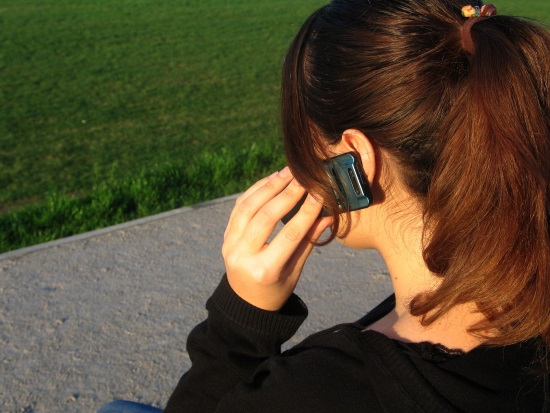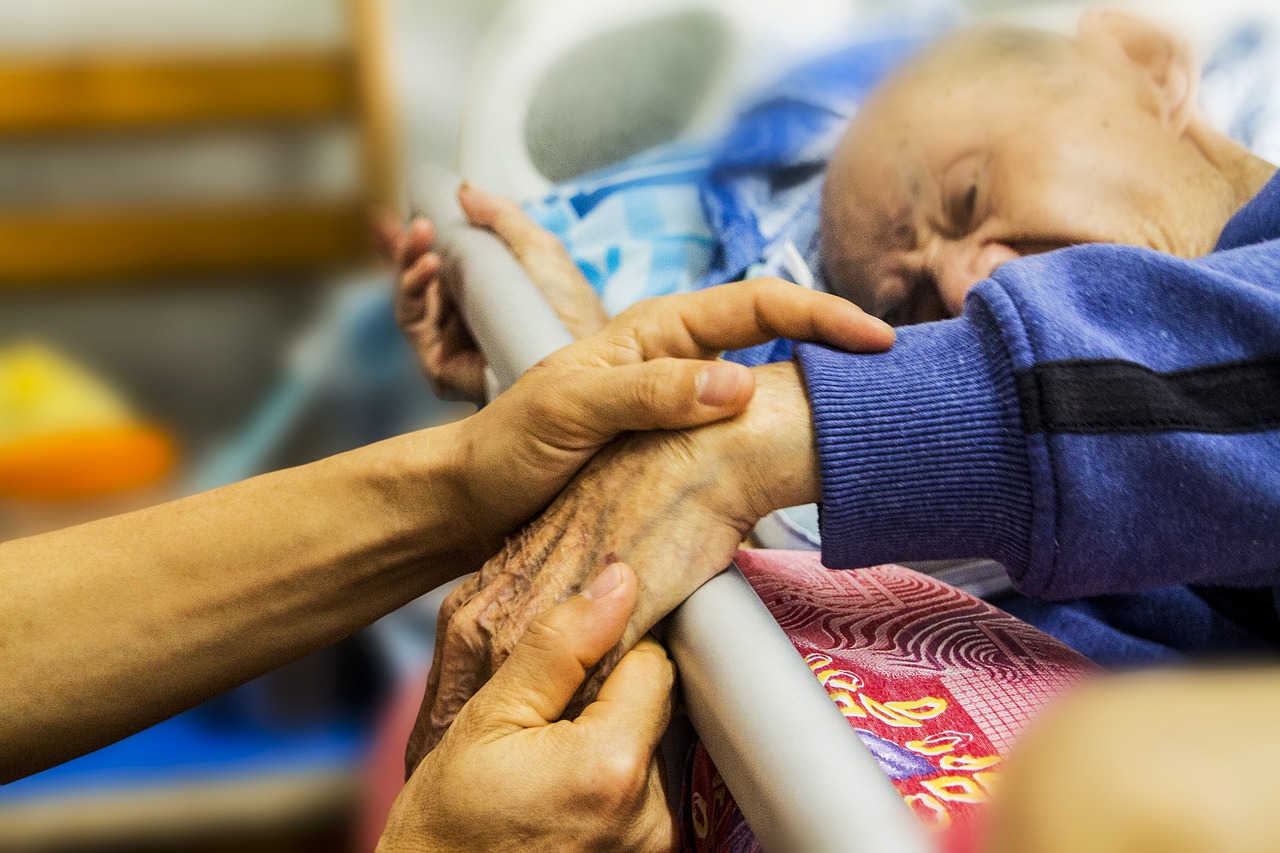Long-distance Caregiving

Long-distance caregiving has become more and more common as families travel for work and new opportunities. When families are living in different cities, it is important to put safeguards in place to ensure loved ones get the end-of-life care they need. If you’re a caregiver, you can do this in a few different ways:
Build a Support Network
If you can’t be with your loved one, it is important you have people you trust to keep an eye on them. To build a support network:
- Create a contact list of local family members, good friends of your loved one, care providers and faith leaders who can make regular check-ins.
- Schedule family and healthcare provider meetings on a regular basis.
- For additional support, The Department of Health and Human Services maintains an online Eldercare Locator tool that can connect you with community resources.
- If your loved one is living with Alzheimer’s Disease, The Alzheimer’s Association also has a Community Resource Finder that can connect you with local resources and community services specifically for those with Alzheimer’s and other dementias.
Make the Most of Visits
As a long-distance caregiver, your time with your loved one is precious, and having a plan for each visit will ensure that you get the best understanding of their condition while making the most of your quality time together. To make the most of your visits:
- Before each visit, speak with local caregivers about what your loved one may need and schedule any necessary appointments.
- Purchase any needed household supplies to ensure they are well-stocked.
- During your visit, make note of what food is in the home and that the pantry has adequate supplies. Address any safety concerns such as loose rugs or insufficient lighting.
- Take time to go through the mail and make sure bills are being paid on time.
- Reassess your loved one’s needs with each visit. As time passes, it may no longer be safefor them to remain at home alone.
Plan for Emergencies
Putting a plan in place for how an emergency will be handled is necessary for long-distance caregivers, long before a crisis arises. To plan for emergencies:
- Make sure your loved one has an advance directive and that they have set up a power of attorney for both financial and medical decisions.
- Have a list of all important financial and legal contacts and account numbers including doctors, pharmacies, utilities, insurance companies and banking institutions.
- Set aside money for unexpected emergency travel and become familiar with what is offered to you under the Family and Medical Leave Act if you need to take time off from work to provide care.
Distance does not mean that you love your loved one less. Long-distance caregivers should be gentle with themselves and find local and online supportto discuss their feelings and get new ideas for solutions to the problems that can arise from being a caregiver.
Additional Resources
To learn more about long-distance caregiving, visit the National Institute on Aging’s So Far Away: Twenty Questions and Answers about Long-Distance Caregivingor the
Alzheimer’s Association’s Long-Distance Caregiving for those with Alzheimer’s Disease.
If you found this information helpful, please share it with your network and community.
Copyright © 2015 Crossroads Hospice. All rights reserved.




